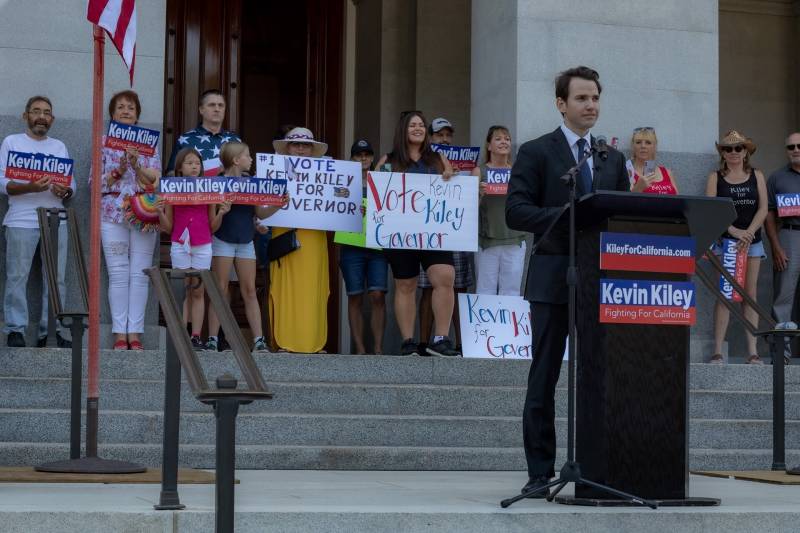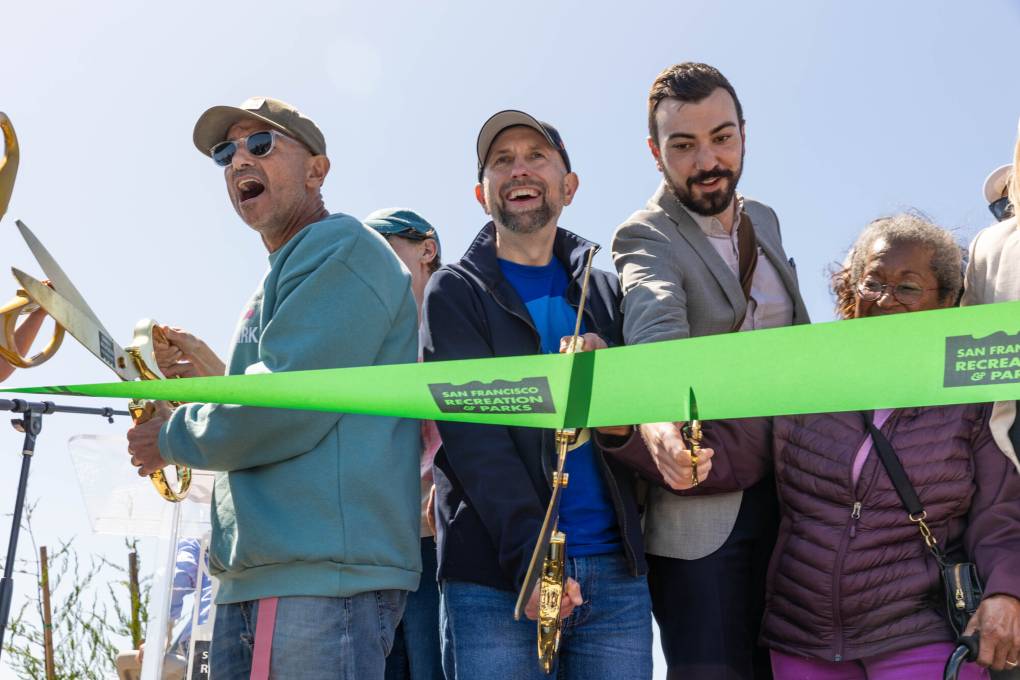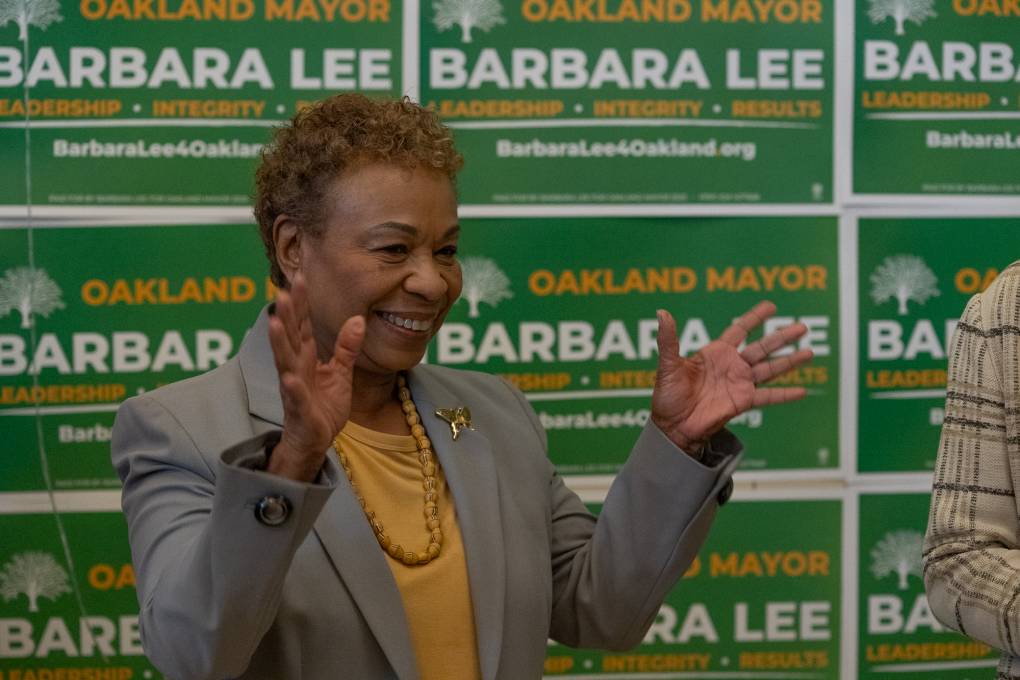The last time a Republican was swept into California’s governor’s office as a result of a recall election, Kevin Kiley had a front-row seat.
In early 2004, Kiley, having just wrapped up his freshman year of college, worked as an intern in the governor’s office as Arnold Schwarzenegger assumed the reigns of state government following his victory in the 2003 recall.
“I kind of had a firsthand view of this effort to get a government up and running after a kind of unexpected change in personnel,” Kiley remembers.
Now, Kiley is hoping another unexpected change will land him in the governor’s office. Kiley, three-term state assemblymember representing Rocklin, is one of the leading candidates to potentially replace Gov. Gavin Newsom in the Sept. 14 recall election. The only member of the state Legislature on the ballot, Kiley says Newsom’s response to the COVID-19 pandemic has been marked by executive overreach.
In an interview with KQED’s Political Breakdown, Kiley laid out his case against Newsom, and argued his experience in state government will allow him to move quickly in pursuit of an agenda that includes a move away from mask and vaccine requirements, and education policies that favor charter schools and a school voucher program.



